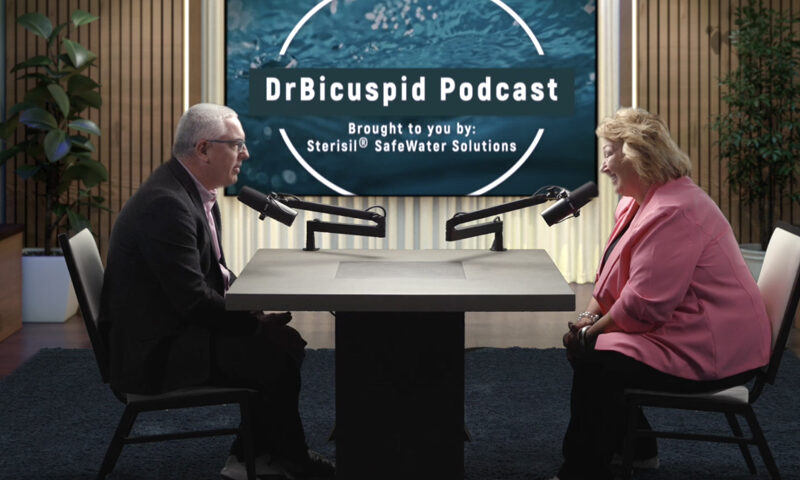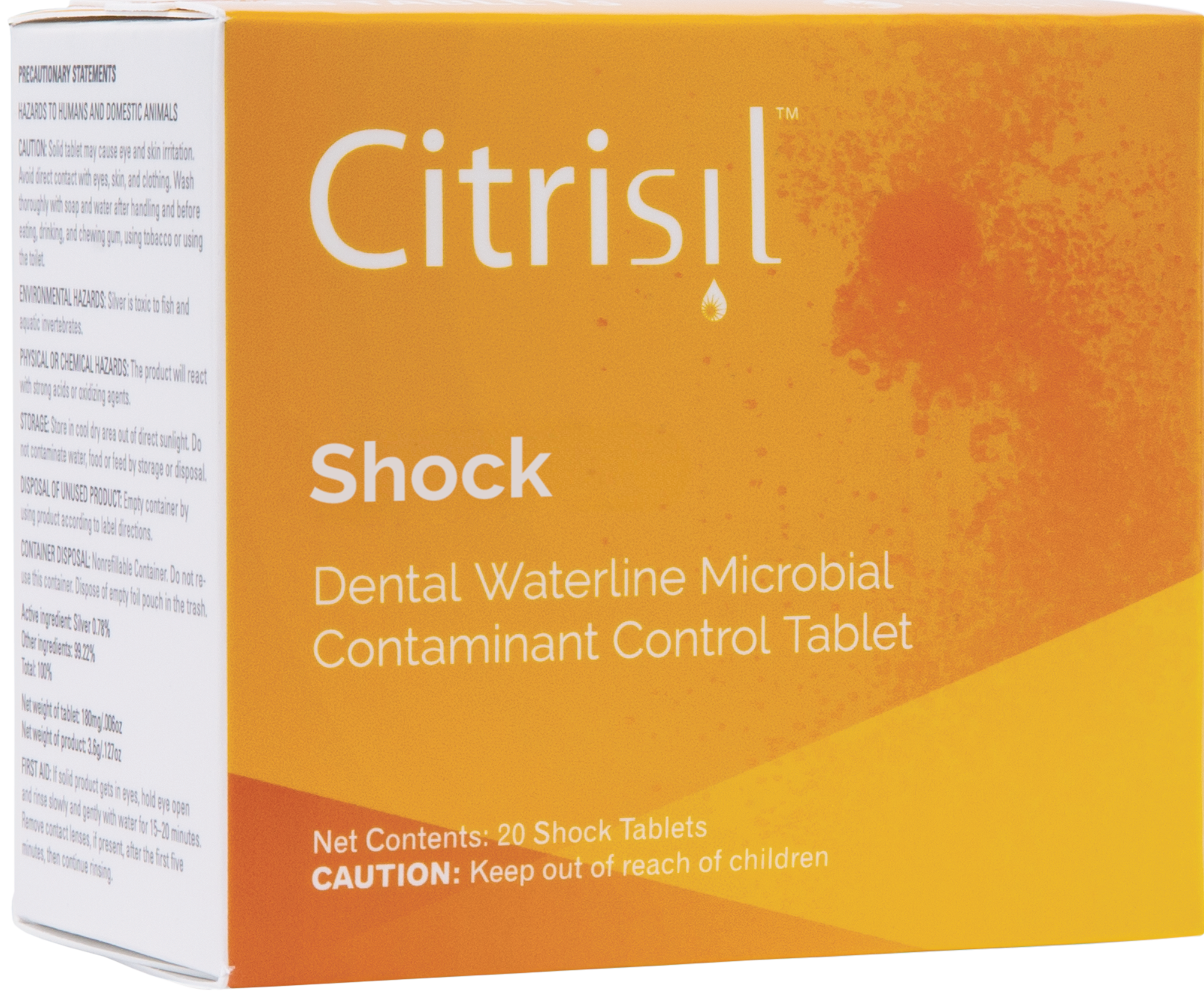Your cart is currently empty!

The Critical Role of Dental Assistants in Infection Control

Infection control in dental practices is a vital component in ensuring patient safety and maintaining high standards of care. Recently, Kevin Henry, Editor in Chief of DrBicuspid, had the pleasure of speaking with Tija Hunter, an expert and key opinion leader in dental assisting and infection control. Their conversation covered the importance of dental waterline testing and the role of Dental Assistants in maintaining these standards. Here’s a detailed look at the discussion and why this topic is more relevant than ever.
The Importance of Testing Dental Waterlines
Tija passionately emphasized the need for regular testing of dental unit waterlines. Despite the long-standing knowledge of the importance of this practice, many Dental Assistants are still not conducting these tests. “They don’t know what they don’t know,” Tija stated, highlighting a significant gap in education and awareness. The CDC has recommended dental waterline testing since 2003, but many practices have yet to adopt these protocols fully.
Real-World Implications
The consequences of not testing dental waterlines can be severe. Tija recounted incidents where contaminated waterlines led to outbreaks of infections among patients. These cases often involved vulnerable groups, such as children, underscoring the critical need for stringent infection control measures. Dental Assistants play a crucial role in this process, and their awareness and training are vital.
Education and Training
Education is a significant aspect of Tija’s advocacy. She stressed that while the protocol for testing dental waterlines is straightforward, the key is to train Dental Assistants on why it is necessary. “We have to teach them the why,” she said. Understanding the reasons behind these practices can significantly enhance compliance and diligence among dental teams.
The Impact of FASTCheck15™
One of the recent advancements in dental waterline testing is FASTCheck15™ by Solmetex. Tija described it as a “game changer” due to its quick and easy-to-use protocol, providing in-office test results in just 15 minutes. This rapid turnaround time and simplicity make it an invaluable tool for dental practices, reducing the likelihood of postponing necessary tests.
The Role of Infection Control Coordinators
The role of an Infection Control Coordinator in dental practices is increasingly recognized as essential. Tija highlighted the importance of having a dedicated person to oversee infection control and maintenance protocols. This position ensures that all necessary documentation and procedures are consistently followed, relieving other team members of these responsibilities, and allowing them to focus on patient care.
Water from the Rocky Mountains: A Common Misconception
One interesting point Tija raised was a common misconception she encounters about water quality. Many people assume that because their water comes from a pristine source, such as the Rocky Mountains, it must be safe. Tija humorously referenced the famous Coors beer, which is brewed with water from the Rockies, to illustrate this point. “We have the best water of anybody in the nation. Our water’s fine—straight from the Rocky Mountains,” she quoted skeptically, before emphasizing that even water from the best sources can become contaminated as it travels through pipelines and dental unit waterlines. Testing is crucial, no matter the water’s origin.
Overcoming Barriers
One of the barriers to effective infection control that Tija identified is the “out of sight, out of mind” mentality. Dental unit waterlines, unlike visible instruments, can easily be overlooked. Tija uses visuals to educate teams on the importance of maintaining these waterlines, showing the potential dangers that can lurk unseen.
Moving Forward: Testing and Awareness
Looking ahead, Tija hopes to see a universal adoption of regular waterline testing in dental practices. She believes that education and awareness are key to achieving this goal. Many dental professionals are still unaware of the necessity of these tests, and Tija’s mission is to bridge this knowledge gap.
Conclusion
Regular testing of dental waterlines, proper training, and the use of innovative tools like FASTCheck15™ are essential steps in ensuring patient safety. By fostering a culture of awareness and education, we can enhance the standards of waterline safety in dental practices across the country. For dental professionals, staying informed and proactive is crucial. Following expert guidelines and leveraging reliable resources can help ensure that our practices remain safe environments for our patients.
Share this post:

Related Posts





